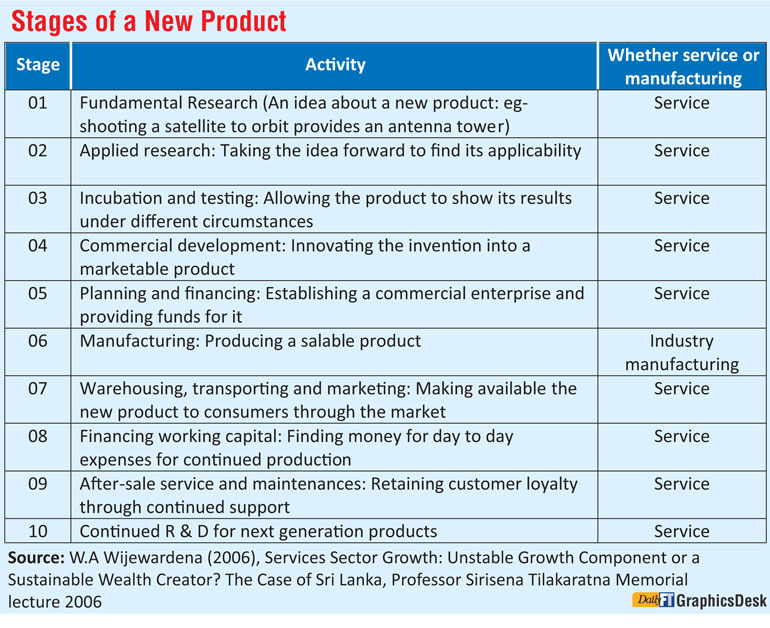Management of Economic Policy 3: Sri Lanka should tap global unbundling opportunities of services under ETCA

 The need for wide public consultation when trade agreements are signed
The need for wide public consultation when trade agreements are signed
The first article in this series warned against the secrecy surrounding the Economic and Technology Cooperation Agreement, now known as ETCA, which the Government says that it would enter into with India shortly (available at: http://www.ft.lk/article/525181/Sri-Lanka-faces-crucial-tests-ahead-with-growing-opposition-to-ETCA).
The article noted that all those who are concerned about ETCA – both supporters and opponents – have been kept in the dark as to what it constitutes and what benefits it would bring to the country. Darkness breeds fear and fear leads to suspicion. That suspicion has caused the country’s professionals, now loosely formed into a United Professionals’ Movement or UPM, to launch a massive protest campaign against ETCA.
The fear harboured by these protesting professionals has been, the article noted, that if ETCA is implemented, there would be a massive inflow of Indian professionals to Sri Lanka displacing the country’s professionals from their jobs. Such fears need be allayed through full disclosure of facts about ETCA.
Since no economic policy could be implemented with protesting professionals all around, the article concluded that the Government should break its information-silence in the name of good economic policy governance and generate wide consultation among all parties.
ETCA is not CEPA, but fears should be allayed
The second article in the series dealt with the long-drawn process involved in finalising bilateral trade agreements between countries (available at: http://www.ft.lk/article/526676/ETCA-is-not-CEPA-in-all-respects--but-it-should-be-made-public-to-allay-fears).
The article noted that ETCA was not CEPA since it has been proposed, as the latest draft reveals, to exclude the provisions relating to the ‘migration of natural persons’. Thus, there is no free entry of Indian professionals to Sri Lanka’s job market through ETCA, though they still could provide services to Sri Lanka without crossing the borders under normal conditions.

 The need for wide public consultation when trade agreements are signed
The need for wide public consultation when trade agreements are signedThe first article in this series warned against the secrecy surrounding the Economic and Technology Cooperation Agreement, now known as ETCA, which the Government says that it would enter into with India shortly (available at: http://www.ft.lk/article/525181/Sri-Lanka-faces-crucial-tests-ahead-with-growing-opposition-to-ETCA).
The article noted that all those who are concerned about ETCA – both supporters and opponents – have been kept in the dark as to what it constitutes and what benefits it would bring to the country. Darkness breeds fear and fear leads to suspicion. That suspicion has caused the country’s professionals, now loosely formed into a United Professionals’ Movement or UPM, to launch a massive protest campaign against ETCA.
The fear harboured by these protesting professionals has been, the article noted, that if ETCA is implemented, there would be a massive inflow of Indian professionals to Sri Lanka displacing the country’s professionals from their jobs. Such fears need be allayed through full disclosure of facts about ETCA.
Since no economic policy could be implemented with protesting professionals all around, the article concluded that the Government should break its information-silence in the name of good economic policy governance and generate wide consultation among all parties.
ETCA is not CEPA, but fears should be allayed
The second article in the series dealt with the long-drawn process involved in finalising bilateral trade agreements between countries (available at: http://www.ft.lk/article/526676/ETCA-is-not-CEPA-in-all-respects--but-it-should-be-made-public-to-allay-fears).
The article noted that ETCA was not CEPA since it has been proposed, as the latest draft reveals, to exclude the provisions relating to the ‘migration of natural persons’. Thus, there is no free entry of Indian professionals to Sri Lanka’s job market through ETCA, though they still could provide services to Sri Lanka without crossing the borders under normal conditions.

